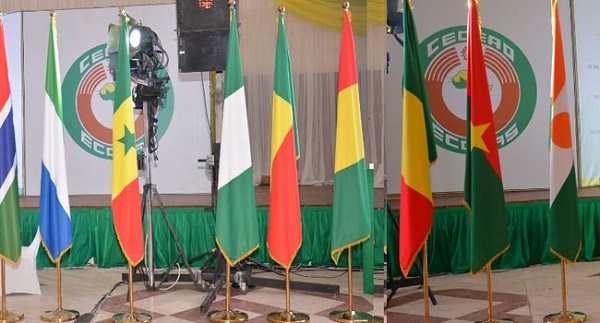
ActionAid International has said less than three per cent of global climate finance supports “just transition” initiatives that prioritise workers, women, and communities most affected by the climate crisis.
The new report: “Climate Finance for Just Transition: How the Finance Flows,” found that only 2.8 per cent of climate funding is channelled to just transition projects, while a mere one in 50 climate initiatives (1.96 per cent) involve or support local communities.
This means only one United States dollar in every 35 spent on climate action goes to efforts ensuring equitable and inclusive transitions to green economies.
According to the report, just transition frameworks involve empowering communities to take part in local planning, providing training for green jobs, and supporting incomes during the shift away from polluting industries.
ActionAid, a global organisation supporting communities impacted by climate change, said the findings expose a gap in international efforts to move away from fossil fuels and industrial agriculture towards renewable energy and sustainable food systems without leaving vulnerable people behind.
Secretary General, Arthur Larok, noted that the world needs action to prevent climate breakdown.
He said: “Our new report shows just transition approaches are underfunded, and people’s needs are at the bottom of the priority list. Something’s got to give. If just transition continues to be overlooked, then there’s a real risk that inequalities will deepen.”
Global Lead on Climate Justice and author of the report, Teresa Anderson, warned that neglecting just transition could undermine climate action.
“No one should have to choose between a secure job and a safe planet. Just transition approaches make sure climate action prioritises people’s daily needs and doesn’t accidentally push people deeper into poverty. Without them, climate action risks unintended harm, backlash, and ever-more delay.’’
“This is a critical opportunity for global climate action to evolve for the better.COP30 needs to deliver a global plan for just transition to support those on the frontlines and unleash the action our planet so urgently needs.”
The report also documented harmful practices in the Global South, particularly by industrial agriculture and fossil fuel corporations. In Brazil’s Maranhão region, communities who depend on babassu coconuts have faced land-grabbing, deforestation, and pesticide attacks as industrial agriculture expands.
Climate Justice Specialist at ActionAid Brazil, Jessica Siviero, linked these struggles to the broader crisis facing the Amazon and Cerrado regions.
“The Amazon acts as the lungs of the planet, while the Cerrado serves as its veins. COP30 puts the spotlight on industrial agriculture’s role in driving their destruction. It’s time to move towards agroecological approaches that feed people and cool the planet. Just transition must be applied to agriculture as well.”



